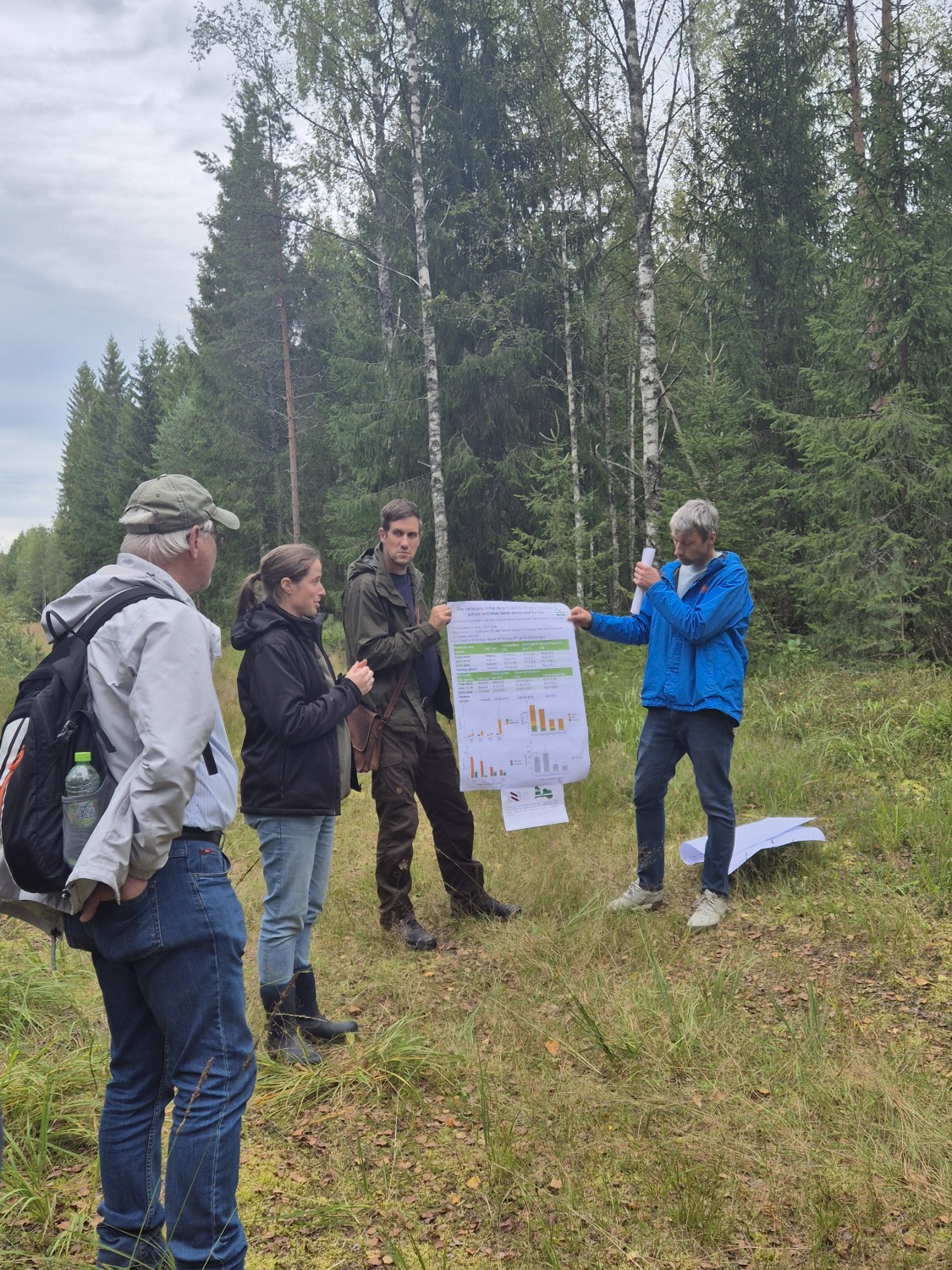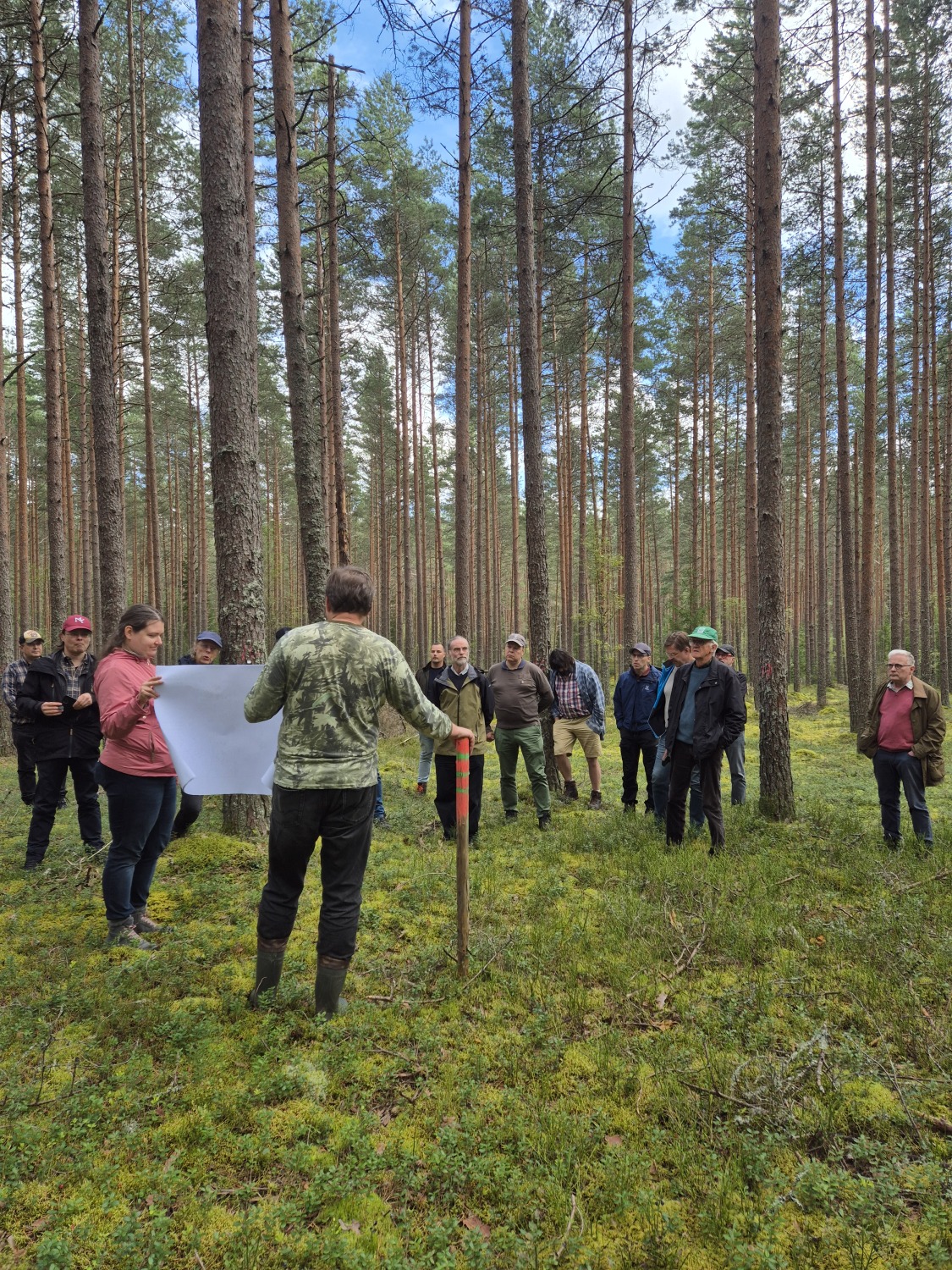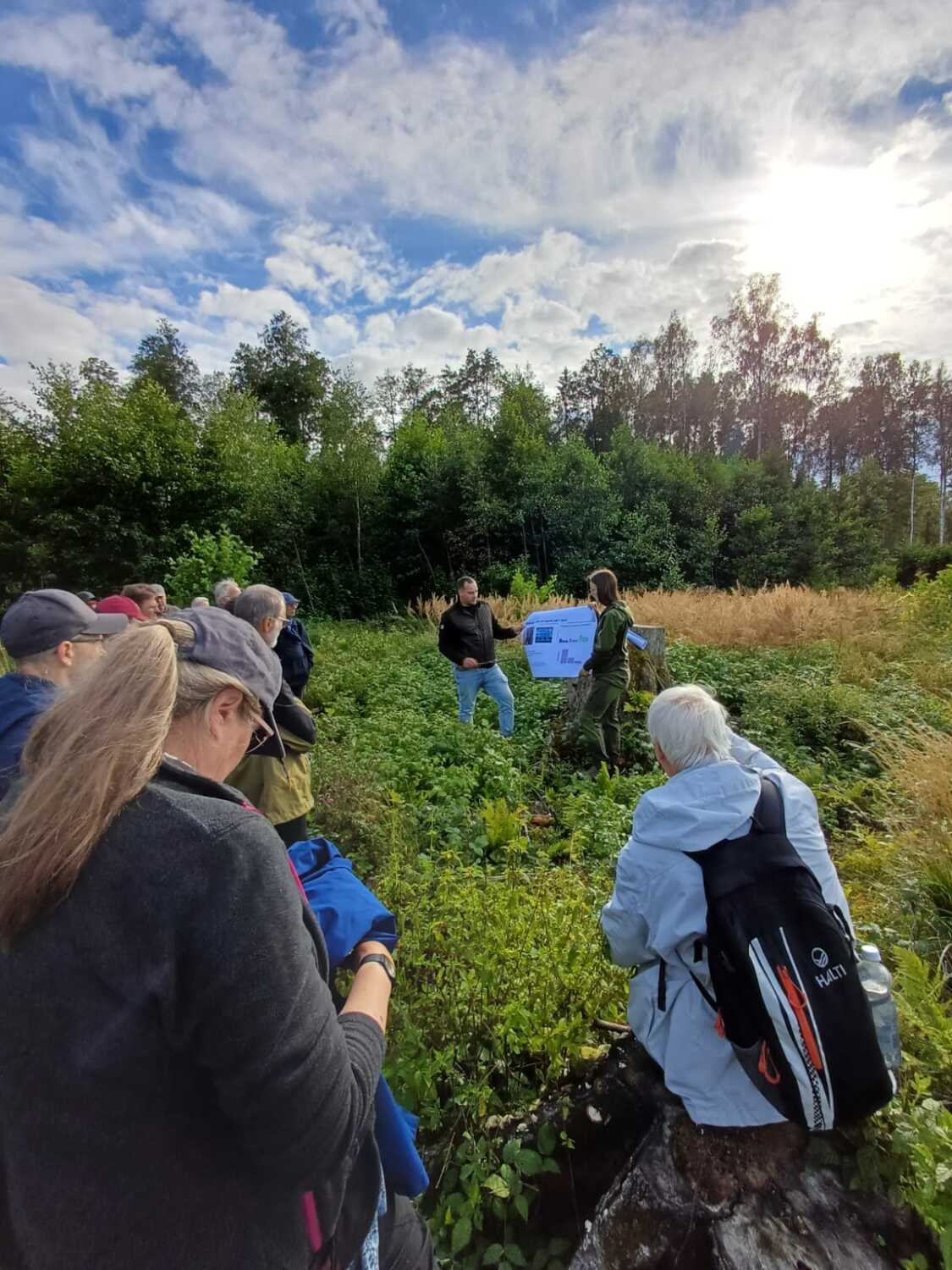From August 27 to 29, representatives of the Finnish Society of Forest Science – researchers from leading Finnish scientific institutions and universities – visited the Latvian State Forest Research Institute "Silava".
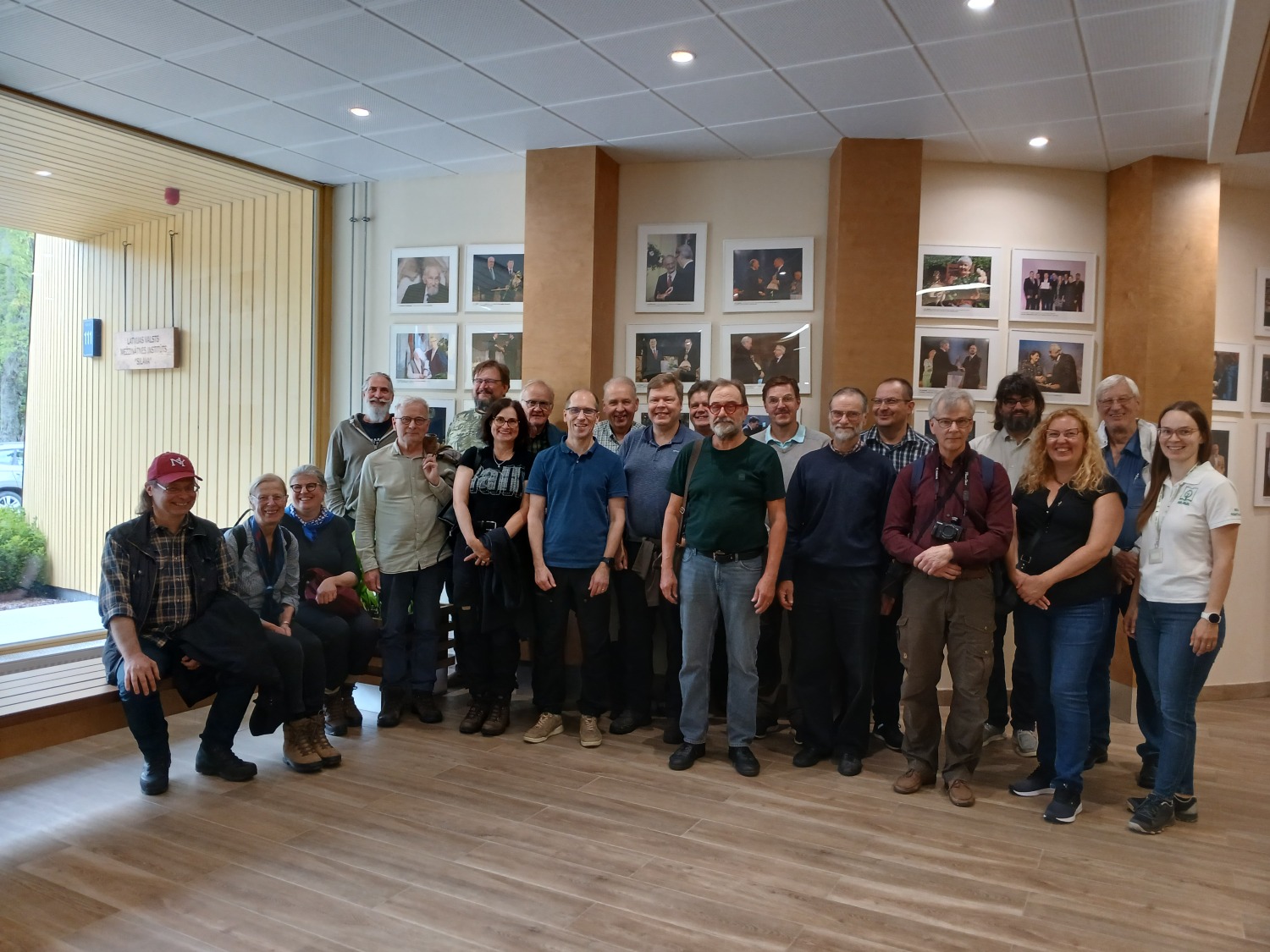
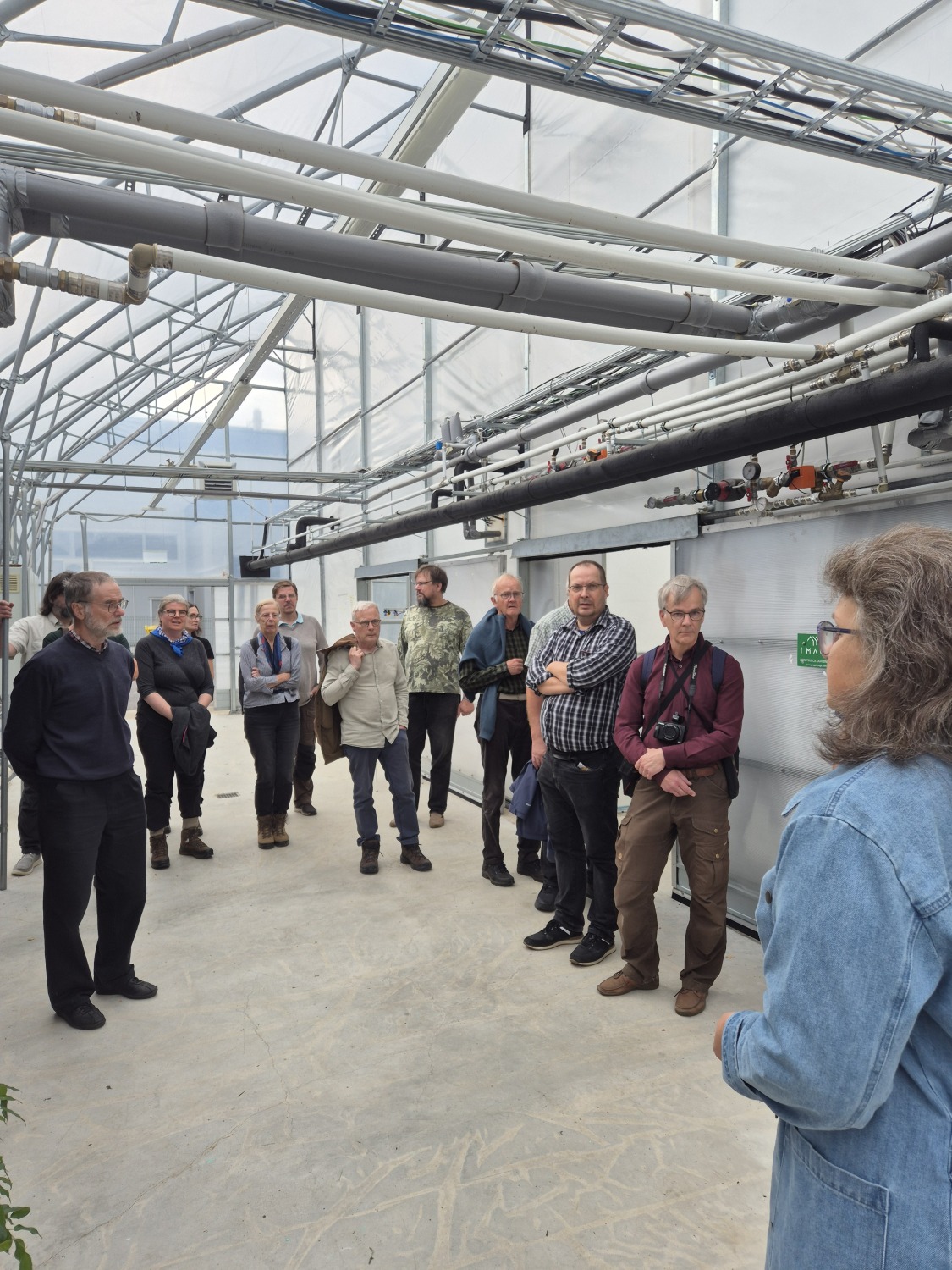
During the three-day visit, the guests explored scientific research sites in the Kalsnava and Smiltene forest districts and became acquainted with the work, research, and results of LSFRI "Silava" research. Through various discussions, the guests gained deeper insight into the development of forest science and current challenges in Latvia.
As part of the visit, a seminar was held featuring presentations from both LSFRI "Silava" and Finnish scientists. Presentations from the Latvian side included:
- Senior researcher Andis Lazdiņš: National energy and climate plan and measures in LULUCF sector, and
- Researcher Aldis Butlers: GHG emissions from drained versus undrained organic soil: Is it consistent with IPCC Guidelines to report GHG emissions from drained soil rather than the impact of drainage?
Finnish colleagues presented the following topics:
- Teppo Hujala: Advancing the economic and societal impact of science on forest data and decision support: Finnish Flagship Forest-Human-Machine Interplay;
- Ville Kankaanhuhta: Forest management research group of Luke;
- Pekka Olavi Nygren: Open science initiatives in Finland;
- Juha Lappi: A new kind of stem curve model and a new linear programming algorithm for forest management planning problems with factories;
- (Göran) Markus Strandström: Moni-indeksi – biodiversity indexing for precision forestry and precision nature management to support timber harvesting planning;
- Tuula Larmola: Managing forest peat soils for carbon and water;
- Risto Päivinen: Impacts of the EU climate policies on the forest sector.
The seminar featured active discussions on future research collaboration, especially in the context of climate change and sustainable forest management.
At the end of the visit, the Finnish scientists toured the scientific laboratories of LSFRI "Silava" – the Forest Environment laboratory, Molecular Genetics laboratory, Forest Mycology and Phytopathology laboratory, as well as the laboratory complex with climate control facilities.
The visit concluded with a meeting with representatives from "Rīgas meži" Ltd., who shared their experiences regarding the specifics and challenges of managing peri-urban forests.
